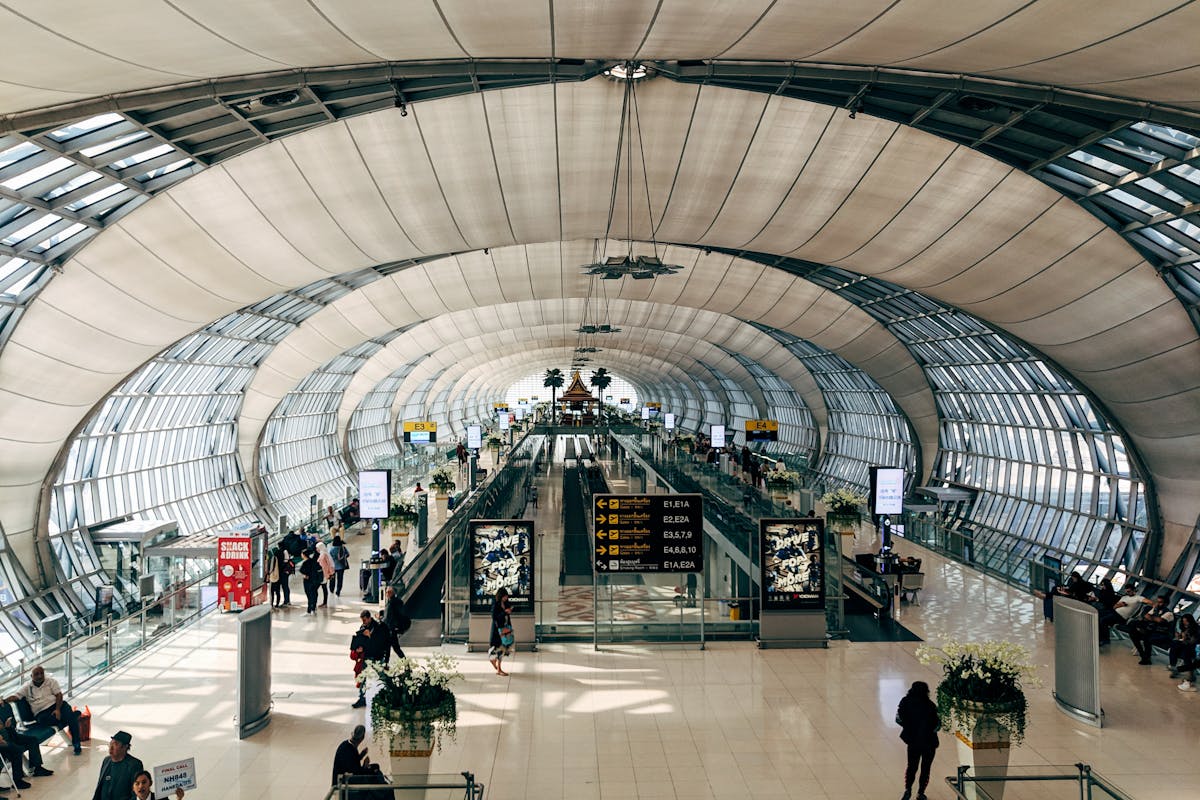Thailand to End Duty-Free on Arrival Shopping at 8 Major Airports

Skift Take
Duty-free shops in the arrival areas of Thailand's international airports will soon close down. This decision affects eight international airports, including Suvarnabhumi and Don Mueang in Bangkok, as well as airports in Chiang Mai, Phuket, Hat Yai, U-Tapao (Rayong), Samui, and Krabi.
The move comes as Thailand takes significant steps to improve its tourism strategy, with a focus on increasing domestic spending.
The three operators managing these inbound duty-free businesses have agreed to suspend operations, as reported by the Bangkok Post, citing a government spokesperson. However, the reports suggested that the government hasn't mentioned a spe

